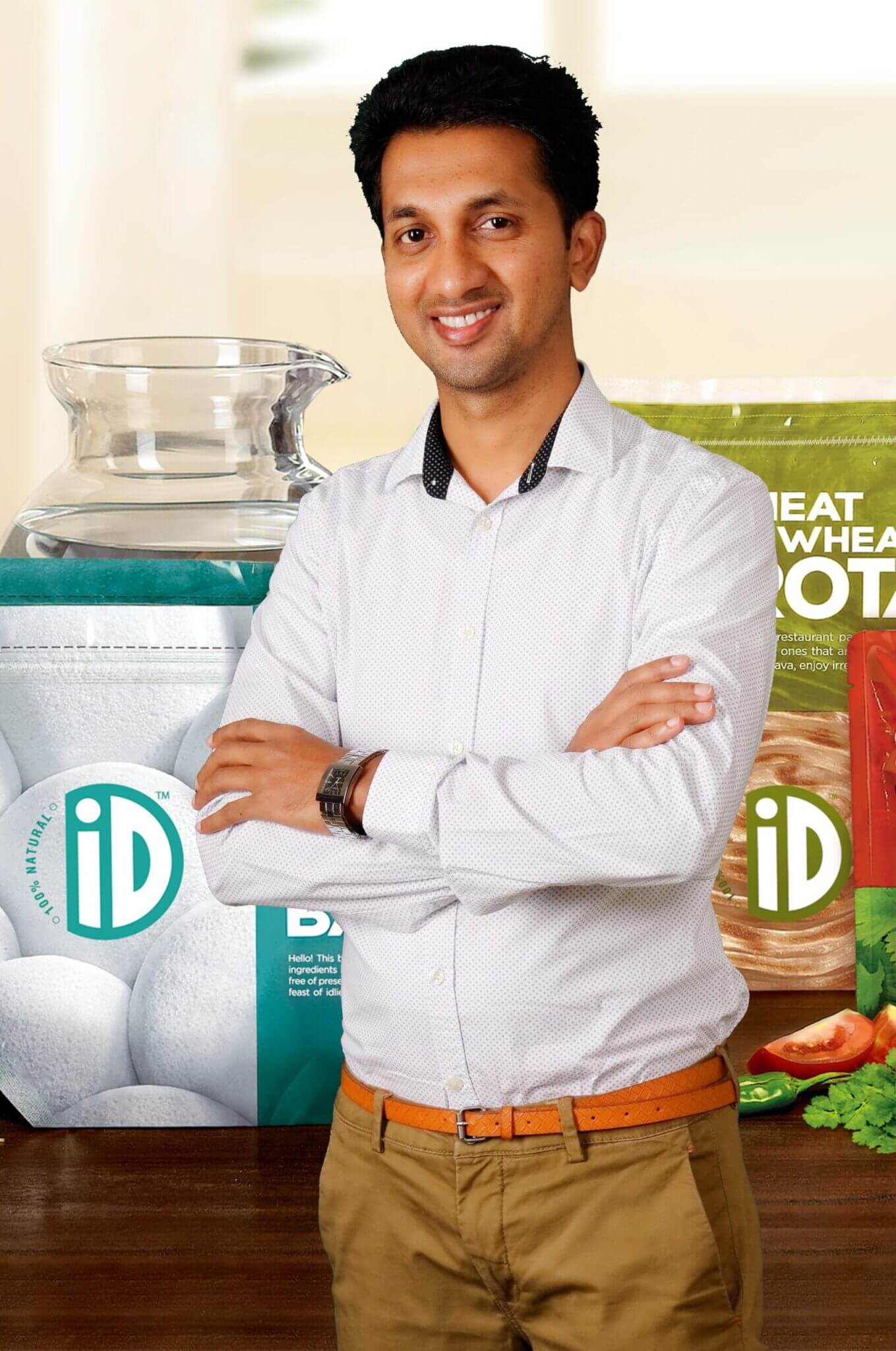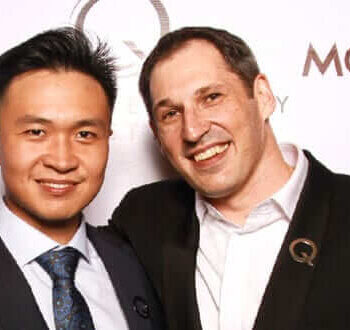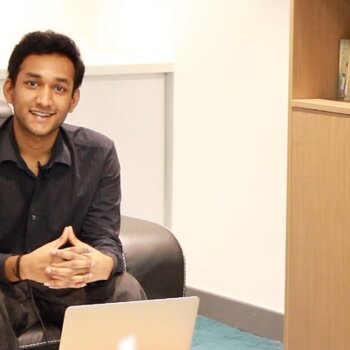Mr. Musthafa is an engineer of Computer Science from NIT and alumni of prestigious IIM-B. He spent a few years working with other organizations in India and abroad. He very soon quit to start iD along with his 5 childhood friends, one that transformed their idea into a business reality and also ensured financial independence to many from their hometown. iD Fresh Food was a perfect merger of social and business ambitions.
Musthafa, the CEO of iD Fresh Food, is driving the dream of all 5 co-founders. The team vision of building a food company that made preservative-free, delicious, home cooked food is a successful reality in the form of iD Fresh Food in only 10 years! Quickly climbing the popularity charts with homemakers iD is a 500 crore brand with its footprint in South, East of India and UAE.
Born in Kerala, Musthafa loves to travel and explore. His work is his biggest passion. He has a keen eye for spotting trends and new innovations. He also enjoys sports and is an avid reader. Calm, humble, well-travelled and impeccably well-mannered, Musthafa is a people’s person. He strongly believes that there are no short cuts to success and no substitution to hard work and also values the homemaker’s contribution to a household.
Mr. Musthafa has also been lauded with many prestigious awards like JCI national award, Vocational excellence award, Entrepreneur India award etc. to name a few.
In your own words what is iD Fresh Food?
iD Fresh Food is the perfect professional assistant in the kitchen for the homemaker. It helps smart and busy people, rustle up 100% natural and authentic tasting Indian meal. It produces and delivers an array of ready-to-cook, fresh Indian home food to its customers every single day and takes pride in its home-made style of preparation.
How did you come up with the idea of iD Fresh Food?
While studying at IIM-B, I started to discuss business plans with my maternal cousins. My cousin, Shamsudeen who ran a kirana store noticed that dosa batter that was then sold in plastic bags tied with a rubber band in nearby stores was in demand, especially among working women but was of poor & inconsistent quality. We decided to try selling batter, but with the difference being that we will use the best of ingredients and be consistent in quality.
Could you walk us through the process of starting up iD Fresh Food?
iD’s journey so far has never been an individual’s contribution. Five of us cousins- Nazer, Shamsudeen, Jafar, Naushad joined hands, took on a role each. We found a small place of around 50 square feet and started with two grinders, a mixer and a sealing machine and I decided to invest Rs. 25,000. And thus iD Fresh was born and our entrepreneurial journey.
Did you encounter any particular difficulties during startup and if so, how did you guys overcome it?
We honestly faced a lot of challenges during and after the inception of the business.
- The concept of fresh, natural, preservative free was hard for not just the consumers to believe but also the retailers and employees. There is no brand in the ready-to-cook segment which offers products that are free of additives and are 100% natural. It took some time for us to convince people and educate them about our core brand values which are- fresh, natural, no chemicals, traditionally made and authentic.
- Besides we cater to the fresh food segment and hence the wastage is high.
- Another main challenge was none of us having any sort of background in food technology or food industry.
- As a team we adhere to certain principles and hence we always believe in growing business ethically aligned to our core values.
- Cash flow too was a challenge as I had invested whatever savings I had to kick start the business
How have you been developing iD Fresh Food since startup ?
It’s very challenging to create a category, especially in the fresh food space which is crowded with local and regional players. iD has been a differentiator over the rest in the market with innovative packaging and unique product delivery which is offering fresh, natural preservative-free products every single day consistently.
What kind of feedback did you get for iD Fresh Food so far?
We get a lot of anecdotes from our consumers. The most often feedback we receive is that iD is a ‘life saver’ as it has reduced the arduousness of the homemaker and brings in harmony in the family.
Another feedback we receive often is that iD is as good as homemade and tastes authentic.
Do you face a lot of competition in this industry? What is your strategy against your competition?
The task at hand differs from region to region. For instance Chennai is a mature market with a lot of competition. Whereas Bangalore is a nascent market where there are not many players in the market. Our strategy differs region wise.
iD as a brand is known for its quality and we ensure we stick to our brand philosophy of providing fresh, chemical-free, natural food to our consumers. As per research we are a stickier brand over most large FMCG brands.
What can you tell us about the industry? Have you developed any industry insights that you could share?
RTC(Ready To Cook) segment is witnessing double digit growth. RTC will continue to grow faster compared to RTE(Ready To Eat) as Indian home makers need their credit. Fresh food and authentic ingredients like batter has great market potential in India.
What is the future of the industry and how do you plan to stay relevant in this industry?
We are very clear about our brand philosophy and we will continue to add products to our portfolio which is fresh, natural, preservative-free, authentic, Indian home-style food.
The future of ready-to-cook/ ready-to-eat industry in India is expected to grow exponentially with changing lifestyles, higher disposable income and increase in working population who are time crunched.
Were there anything that disappointed you initially?
We were getting 90% unsold market returns in the first few months of our inception. It took us 9 months to sell 100kg daily.
What do you think about being an entrepreneur in Asia?
In Asia, parents and families have slowly started accepting the concept of entrepreneurship which wasn’t the case few years ago.
What is your definition of success?
If results are helping you to achieve the purpose of your life, it is success.
Why did you decide to become an entrepreneur?
The main reason of becoming an entrepreneur was to provide employment opportunities to the rural folks.
Another way of giving back to the society was by touching lives of millions of people across households by providing healthy, nutritious and fresh meals every single day.
In your opinion, what are the keys to entrepreneurial success?
- Being honest in the way we make our products (i.e.) make it the way a home-maker would make it
- Trust & the faith in the capability of the team
- Unconventional thinking
- Old fashioned love for good Indian food
- Interpreting modern technology and knowledge to serve our unique business model
Any parting words of wisdom for entrepreneurs out there from your personal experience?
- Listen to your heart – may be completely against the existing eco-system but that works.
- Stay true to your values and principles even if the going gets tough.
- Treat your team as family – respect their needs.
- Take help from anybody who is better than you in any field.
- There is no shortcut to success, hard work is the key.
- Trust your gut & take the leap of faith.
- Don’t let anybody bully you trusting their ideologies.
- Use technology – interpret it to suit your needs.
- Involve all trusted people in decision making.
- Reply to mails from anyone in 10 to 15 mins – plays a huge role in building your credibility & trust.
Interviewed by Akhil Menon





























